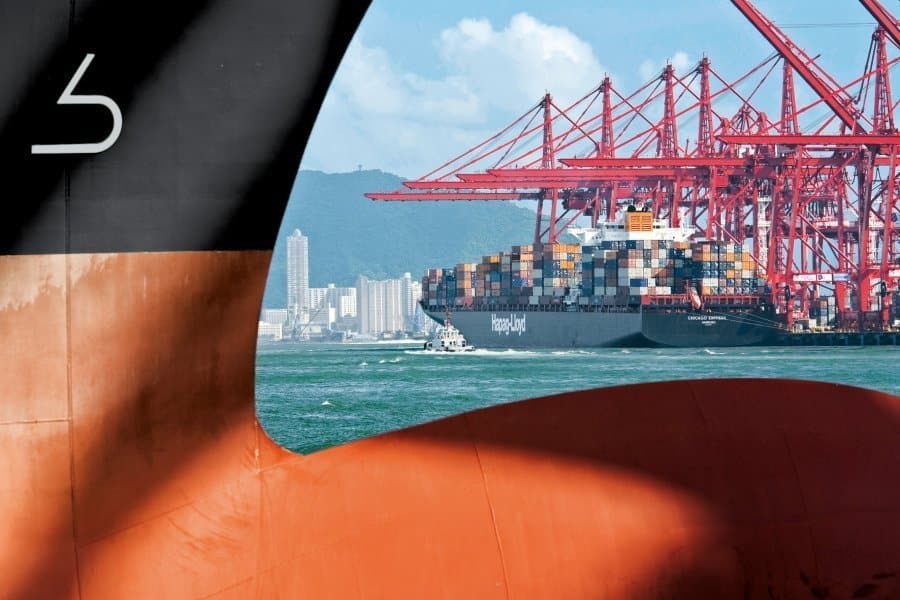Hapag-Lloyd taps Shell for bio-LNG supplies
Hapag-Lloyd and Shell Forge Bio-LNG Supply Deal

Hapag-Lloyd has entered into a multi-year agreement with Shell for the supply of bio-LNG, effective immediately. This partnership marks a significant step in the shipping industry’s transition to renewable fuels, as Shell expands its bio-LNG offerings to 22 locations within its global LNG bunkering network. The collaboration aims to enhance fuel reliability and sustainability while reducing emissions across Hapag-Lloyd’s fleet.
Commitment to Sustainable Shipping
Jan Christensen, senior director of global fuel purchasing at Hapag-Lloyd, emphasized the importance of this agreement in securing fuel certainty and supply reliability. He stated, “This agreement helps secure the fuel certainty and supply reliability we need to further expand the use of waste-based renewable fuels across our fleet – cutting emissions without compromising the quality and reliability our customers expect.” Christensen highlighted that proactive collaborations like this are essential for demonstrating leadership in the shipping sector, advocating for the immediate adoption of lower-emission fuels rather than waiting for future alternatives.
Shell’s vice president of global downstream LNG, Dexter Belmar, echoed this sentiment, noting that bio-LNG is no longer just a concept but a tangible solution fueling the next phase of shipping decarbonization. He remarked, “These long-term deals help build the confidence needed to scale renewable fuels.” This partnership not only signifies a commitment to sustainability but also aims to inspire other companies in the industry to follow suit.
The bio-LNG supplied to Hapag-Lloyd is ISCC EU certified, ensuring the sustainability of feedstock production and the traceability of sustainable products throughout the supply chain. This certification also verifies credible reductions in life cycle emissions. Bio-LNG is produced from the decomposition of organic waste, including crop residues, livestock manure, and food waste. The biogas generated undergoes a process to upgrade it to biomethane by removing CO₂ and impurities. This liquefied biomethane is then integrated into the local gas grid, liquefied, and supplied to ships on a mass-balanced basis, reinforcing the commitment to environmentally friendly practices in maritime operations.
